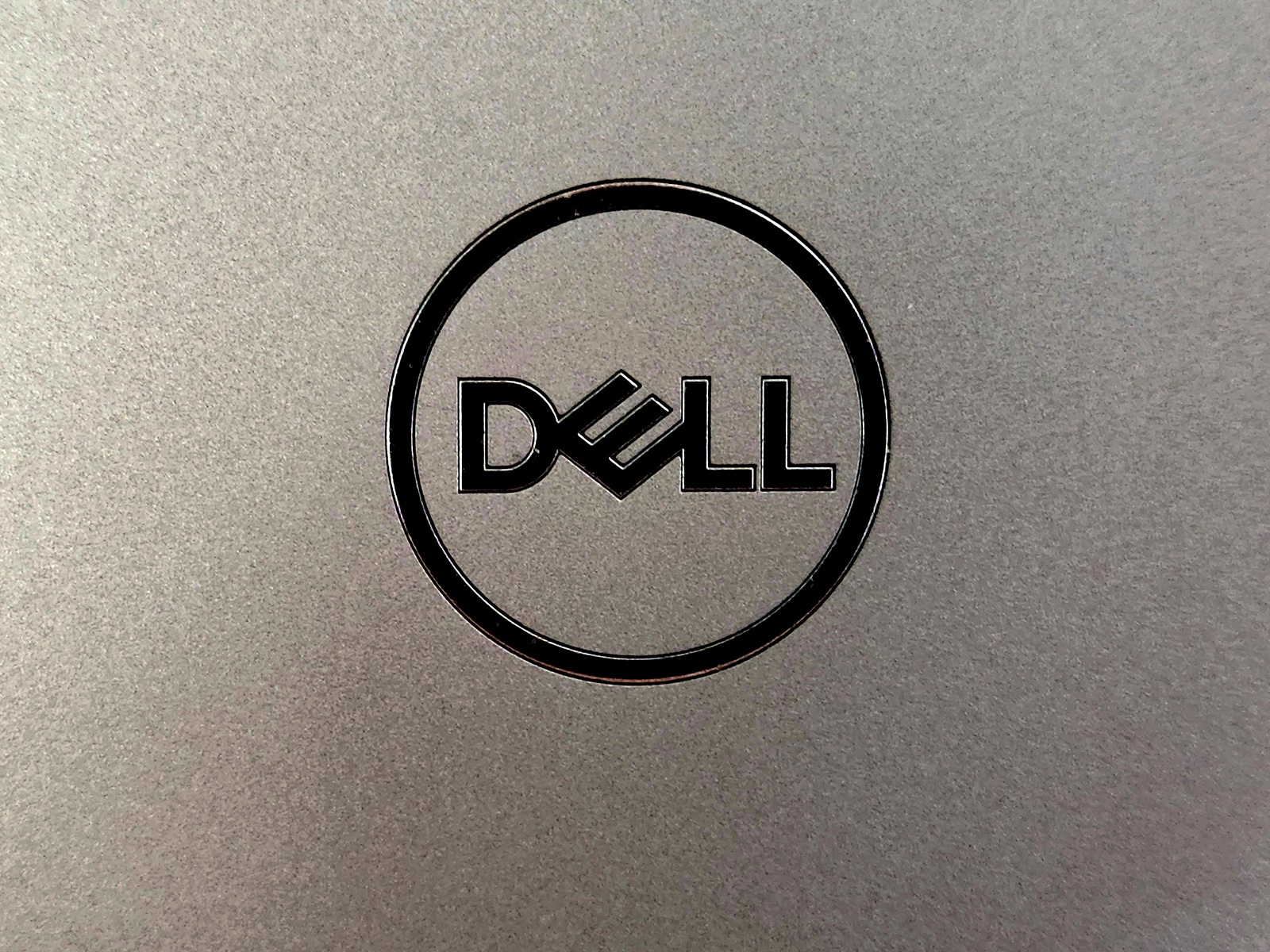
When Dell rolled out a new array of IT infrastructure solutions at the recent NVIDIA GTC conference, the company touted its “Dell AI Factory with NVIDIA” theme to help market the products. NVIDIA, for its part, was eager to support the alliance. During NVIDIA CEO Jensen Huang’s keynote, he spotlighted Dell for offering “the industry’s broadest end-to-end Nvidia AI enterprise infrastructure” solutions.
It was clearly a well-orchestrated marketing effort by two leading tech vendors that know how to cater to the enterprise audience. And while it was definitely marketing, the AI Factory concept is more than just salesmanship, as it reflects both current trends and future directions for AI in the enterprise.
As an indicator of current trends in AI deployment, Dell’s recent growth suggests it’s a good signpost. Dell recently forecast 50% AI sales growth for 2025, and has grown its AI server revenue to $10 billion in less than two years. CoreWeave, the up and coming cloud vendor that sells GPU access, is powered by Dell servers. And in February, Dell scored a $5 billion deal with Elon Musk’s AI startup xAI to provide servers running NVIDIA GPUs.
So what does Dell, which so clearly has its finger on the pulse of the AI market, include in its AI Factory offering? In sum, it’s a revealing menu of the AI solutions that enterprises are most actively seeking to deploy.
First, the company has gone all-in on NVIDIA GPUs, and Dell’s sales success shows customers are embracing this technology for a multi-year CAPEX cycle. If industry observers are concerned that DeepSeek’s use of lower cost chips will turn the enterprise away from NVIDIA, the success of Dell’s AI Factory approach suggests otherwise.

Down at the individual product level, the Dell AI Factory is focused on both of the enterprise’s most favored emerging technologies, generative artificial intelligence (AI) and agentic AI. The Dell Generative AI Solution for Digital Assistants offers a “humanistic AI Avatar interface” that “simulates conversations with end users utilizing AI.” It uses natural language processing (NLP) and machine learning (ML) to provide these personalized conversations. There may be no more trendier offering in 2025 than this GenAI bot solution.
Also in keeping with current hot trends, Dell offers Agentic RAG (Retrieval Augmented Generation) with NVIDIA, which enables build out of RAG support for a wide variety of agentic workflows.
For those companies modifying AI models, Dell recently announced its Pro Max with GB300 (not available until later this year), a high-end workstation for data scientists and developers that includes NVIDIA’s new Grace Blackwell Ultra processor. If you need still more power for AI modeling, the company offers it Dell PowerEdge XE8712, which supports a remarkable 144 NVIDIA GPUs in a Dell rack.
Perhaps most reflective of current trends is Dell’s decision to use the term AI Factory, which likely appeals to enterprise buyers at two levels.
First, many large businesses are eager to get on board with AI but remain largely confused about how to actually make the best use of this emerging technology. AI is not only very new but also the most complex technology ever to be embraced by businesses. The enterprise C-suite is notoriously in the dark about many of its amorphous concepts, from large language models (LLM) to neural networks. Packaging these sophisticated solutions as part of an “AI Factory” makes them seem contained, explainable and predictable. It places this new-fangled technology into a concept that humans have employed for hundreds of years.
On the other hand, the moniker “AI Factory” is futuristic, conjuring images of humanoid robots working efficiently in a well-organized, data-intensive environment. No downtime, no inefficiency (and no humans complaining) – building an AI Factory seems to be a straight route to business profitability.
Curiously, while both NVIDIA and Dell use the term “AI Factory”, they use it in somewhat different ways. Dell refers to the Dell AI Factory with NVIDIA, an extensive offering of Dell solutions powered by NVIDIA. But it was NVIDIA’s Huang who coined the term AI Factory, and the chipmaker uses this buzzword to mean something that may or may not include Dell. For NVIDIA, an AI Factory is a specially-built combination of next-gen hardware and software, not necessarily geographically based, whose core purpose is to generate AI-based intelligence and compute.
NVIDIA just announced plans to build Africa’s first AI Factory, in partnership with Zimbabwean billionaire Strive Masiyiwa’s Cassava Technologies. The project will of course be decked out with NVIDIA’s comprehensive array of hardware and software. Perhaps most significant — and most in contrast with the traditional factory — this African AI Factory plans to offer AI-as-a-Service, meaning it will use fiber optic networks to sell AI solutions to businesses across the African continent. If you think about it, the project sounds like it’s a data center, but no, here in 2025 it’s called an AI Factory.

